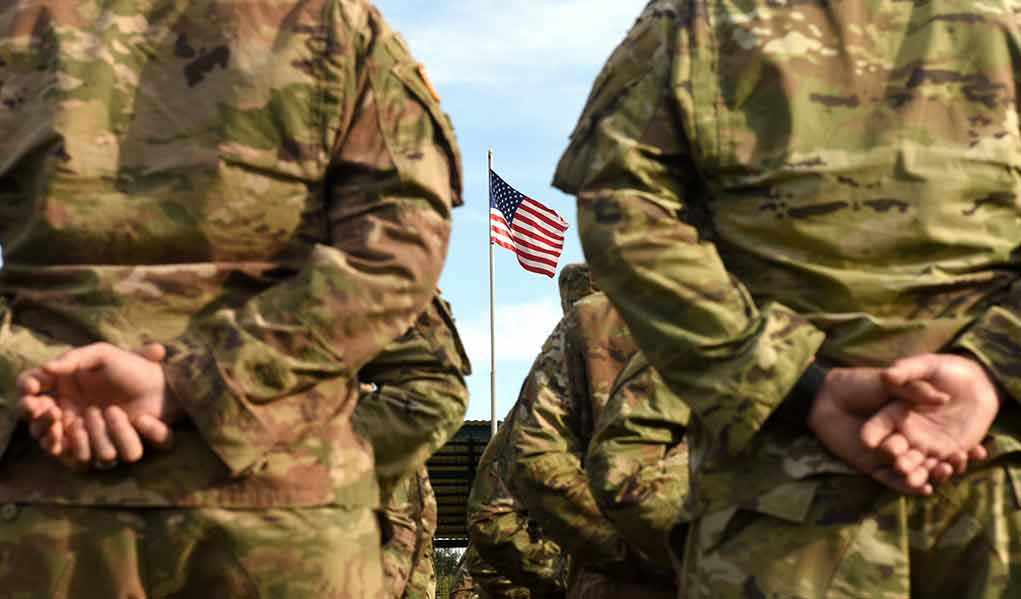
A desperate plea from a military spouse on C-SPAN reveals the precarious situation of families facing a government shutdown.
Story Snapshot
- Military families face pay disruption during a government shutdown.
- A military spouse’s emotional C-SPAN call highlights life-threatening risks to her children.
- House Speaker Mike Johnson’s refusal to pass a standalone military pay bill draws criticism.
- Political gridlock illustrates a disconnect between leadership and constituents.
Military Families in Crisis
The government shutdown in early October 2025 has left military families in a state of financial uncertainty. During a live C-SPAN segment, Samantha, a military spouse from Fort Belvoir, Virginia, voiced her fears about the potential pay lapse for her husband, a service member with PTSD. She emphasized her family’s reliance on his paycheck for essentials and medications for their two medically fragile children. This situation is dire, as the looming October 15 payday threatens to become another casualty of political stalemate.
Samantha’s call directly challenged House Speaker Mike Johnson, a Republican, to take immediate legislative action. Her plea starkly contrasted the abstract political debates in Washington with real-life consequences faced by military families. Despite the emotional appeal, Johnson maintained his opposition to a standalone vote on military pay, citing concerns over what he termed “show votes” without a comprehensive funding solution.
Political Reversal and Congressional Standoff
Initially, Johnson seemed open to passing a bill to ensure continuous pay for troops. However, he later reversed his position, sparking frustration among military families and drawing widespread media attention. The political standoff stems from a broader disagreement over budget priorities, with Republicans and Democrats unable to reach a compromise. Johnson’s decision to block a standalone military pay bill underscores the volatility and partisanship plaguing Congress.
The shutdown follows a pattern of increasing congressional dysfunction, with previous shutdowns having similarly threatened military pay. However, past crises saw Congress act swiftly to ensure troops were paid. The current impasse highlights a troubling shift in congressional norms, where even military pay is no longer immune to political brinkmanship.
The Human Cost of Gridlock
For the 1.3 million active-duty personnel in the U.S. military, missed paychecks could have devastating effects. Many military families live paycheck to paycheck, grappling with unique challenges such as frequent relocations and high rates of disability among veterans. In Samantha’s case, the inability to afford medication for her children could have life-threatening consequences. Her story personalizes the abstract issue of government shutdowns, emphasizing the immediate human risks involved.
The media has played a crucial role in amplifying Samantha’s story, putting pressure on lawmakers to act. Her call has resonated with advocacy groups and the public, who see it as a moral imperative to protect those who serve the nation. The situation has also drawn attention to the broader issue of government accountability and the need for automatic protections for military pay during shutdowns.

